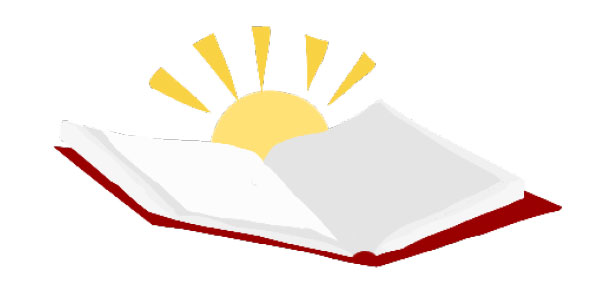In his book “The Art of the Novel,” acclaimed Czech novelist Milan Kundera argued that the form of the novel is able to grapple with the philosophical questions of life in a more comprehensive way than any other art form. He called this phenomenon the “wisdom of uncertainty.” The truly human questions—who am I? What does my life mean? What values should I have for my fellow human beings—are best explored through storytelling, a medium that often sways away from easy answers and toward meaningful questions. These existential questions and more will be the center point of Saturday’s Search For Meaning Book Festival, a campus-wide event that will feature over 40 authors who have grappled with the hardest questions of human life and social justice. Along with talks by acclaimed authors, audiences will get a chance to engage in interfaith dialogues and discussions with fellow book-lovers. Started in 2009 by the School of Theology and Ministry, the event was as a way to facilitate meaningful discussions on campus around questions of religion and human life, as well as to unite people from a diversity of backgrounds.
For Dean Mark Markuly, the event began as a way to bring different people in the area together and discuss religious ideas that they may have otherwise ignored. “We designed it originally to introduce people to the university who would not normally come onto our campus, but particularly would not come to something we do as the School of Theology,” Markuly said. “Because a lot of people, particularly in this area, think that they know what religion’s about. Often, what they really know is what bad religion is about. They’ve never really been exposed to good religion.” Around 400 people showed up to the first event. The next year 800 people came. By the time last year rolled around, there were between 2500 and 3000 people in attendance—the university’s critical mass for such an event. According to Markuly, Fr. Stephen Sundborg, S.J., called it the “biggest event in Seattle University history.” In the past few years the event has hosted a number of well-known keynote speakers. Tariq Ramadan, Mary Oliver, Michael Chabon and Sherman Alexie have all made appearances, as well as over 200 other notable authors, all of whom have grappled with the complexities of the human condition as well as our struggle to create good in the world. While speakers might deal with these questions directly, others may take it from a different perspective. Markuly said that many speakers have chosen to tackle questions of justice from a number of viewpoints, from healthcare to sustainable fishing. “Faith, spirituality, social justice, ethics, or the perennial questions of what it means to be a human being are the focus, but [authors] can do it in ways where they don’t know that what they’re doing is relevant to the theme,” Markuly said. “Some authors are asking these questions but they would never associate them with religion or philosophy.” This year looks to be no different. The two keynote speakers—Katherine Boo and Isabel Wilkerson—are both Pulitzer Prize winning journalists. Both women also explore groups of people who have been very much ignored in the larger world narrative of the 21st century. Boo’s book, “Behind the Beautiful Forevers: Life, Death, and Hope in a Mumbai Undercity,” centers on a group of characters living in the slums of Mumbai, all working, in their own way, to achieve success in a global market that works against their endeavors. Wilker’s work, “The Warmth of Other Suns: The Epic Story of America’s Great Migration,” looks at a very different group of people, but the
idea—of pushing past gross adversity towards a particularly dream of success—remains the same. According to her bio on the event’s website, Wilkerson “spent 15 years interviewing more than 1,200 people” to write the book, which tells the story of three people taking part in one of the largest—and often overlooked—migrations in American history, when six million African American, after 1915, moved across the Nation and out of the South. “They both have dealt with a similar theme: hope,” Markuly said. “And how human beings hope for a different kind of life.” The event will take place throughout campus beginning at 8 a.m. on Feb. 15. Students can get tickets online for free, but they should hurry. Tickets for both the keynote speakers and general admission are still available, but, if previous years are any evidence, they’ll be selling out soon.








